Woodstock and Message to Love: The Isle of Wight Festival are, alongside Monterey Pop, arguably the greatest concert documentaries ever filmed. But though those films captured some of the most iconic guitar performances ever—Jimi’s fiery “Wild Thing” and “Star Spangled Banner,” Santana’s “Soul Sacrifice,” the Who’s auto-destruct “My Generation”—you could make the case that the incendiary performances by Alvin Lee and Ten Years After in Woodstock and Message to Love were as white hot and smoking as any of them. Alvin Lee passed away this morning after complications from routine surgery at age 68, leaving behind a legacy as the godfather of fast-and-heavy British blues.
Ten Years After released their eponymous U.K. debut in 1967, just as Cream, Hendrix, Jeff Beck, and a Jimmy Page-led Yardbirds were reshaping British blues into a heavier, hallucinogenic, and often-experimental twist on the form. In comparison to the barrier-shattering work of Hendrix, Lee’s playing could seem staunchly traditional. But from the beginning it was clear he had a spectacularly facility for speed and precision that few—if any—of his contemporaries could touch. Stonedhenge, Ten Years After’s 1969 sophomore studio effort, played on the obvious with the inclusion of the cut “Speed Kills,” and by the time the Woodstock LP and film were released the following year, Lee’s reputation for freakishly fast playing on his sticker-bedecked cherry-red Gibson ES-335 was cemented worldwide.
While some critics at the time regarded Lee’s fretboard acrobatics as speed for speed’s sake—and in more cynical, shallow appraisals, an affront to the blues—such sentiments overlooked Lee’s reverence for original rockabilly heroes like Cliff Gallup, Paul Burlison, and Scotty Moore. Ten Years After’s 1971 LP, A Space in Time, included the Lee-penned single “I’d Love to Change the World,” which solidified Lee’s reputation as a songwriter and remains a classic-rock radio staple to this day. It also hinted at a taste for more song-oriented material, which Lee would explore on his more countrified and rootsy 1973 album with Mylon LeFevre, On the Road to Freedom, which featured guest appearances by George Harrison, Steve Winwood, Ron Wood, and Mick Fleetwood.
Lee willingly and happily retreated from the limelight in the latter half of the ’70s, though he continued to tour and release albums right up to 2012. While he was accorded less of the god-like-genius status enjoyed by Brit contemporaries like Page, Clapton, and Beck, his work remained profoundly influential to more modern, heavy, and fleet-fingered players such as Zakk Wylde, which proves how exponentially great his reach and influence was.


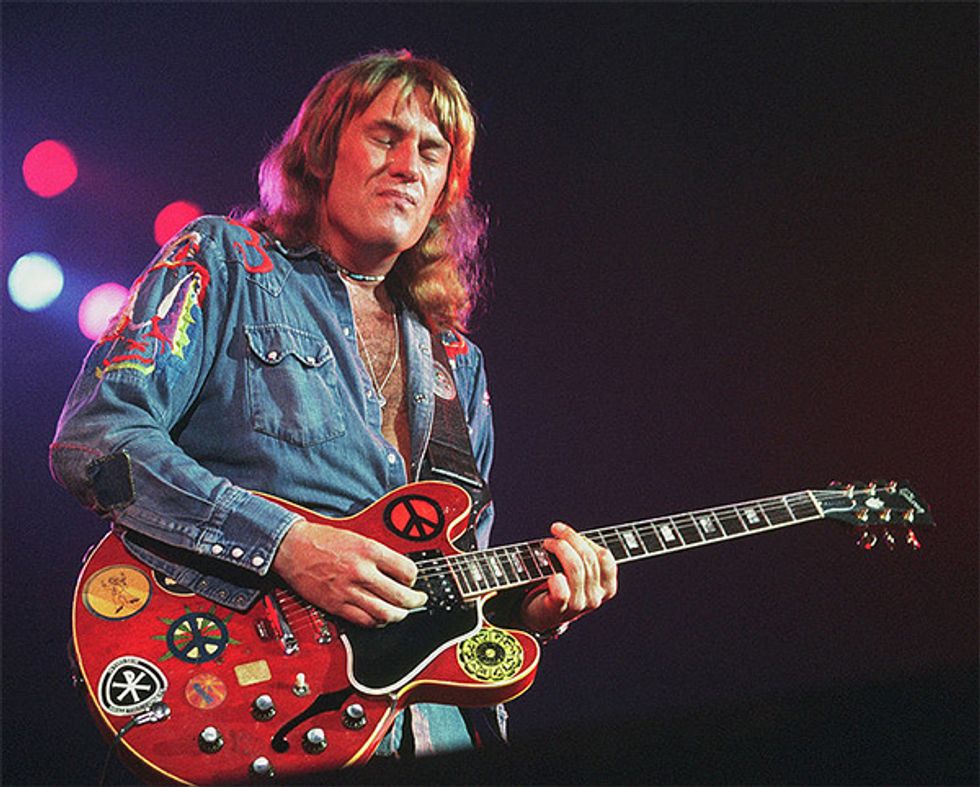








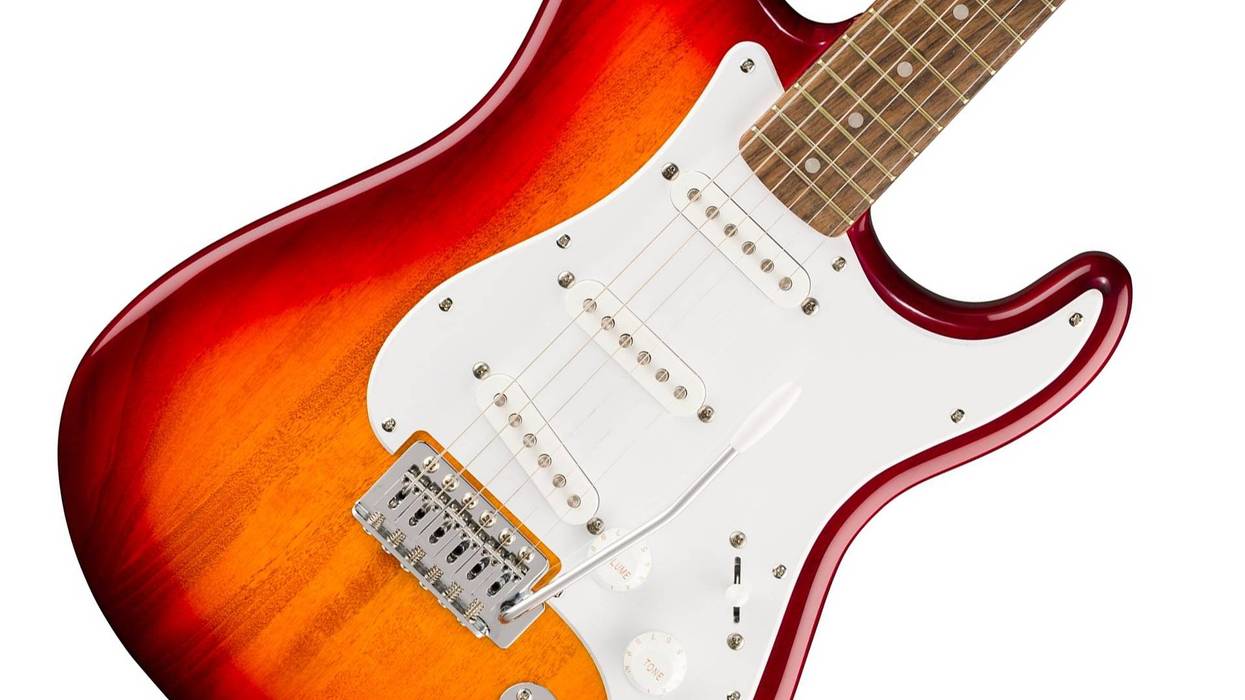

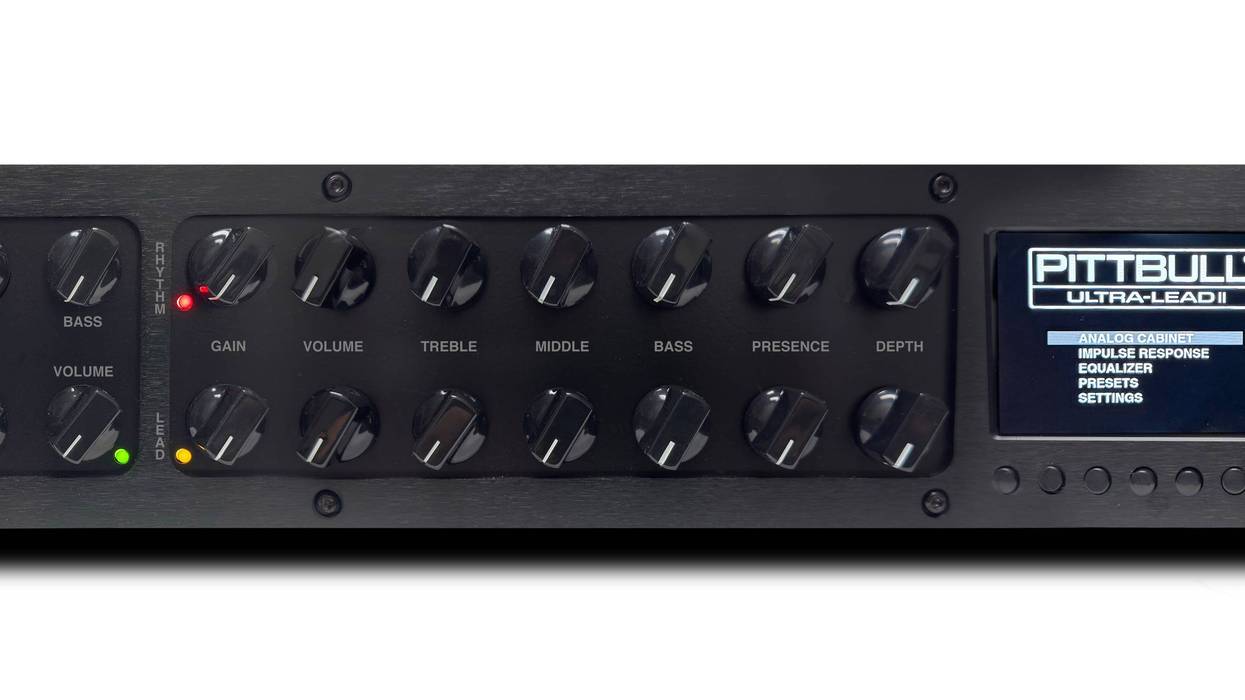

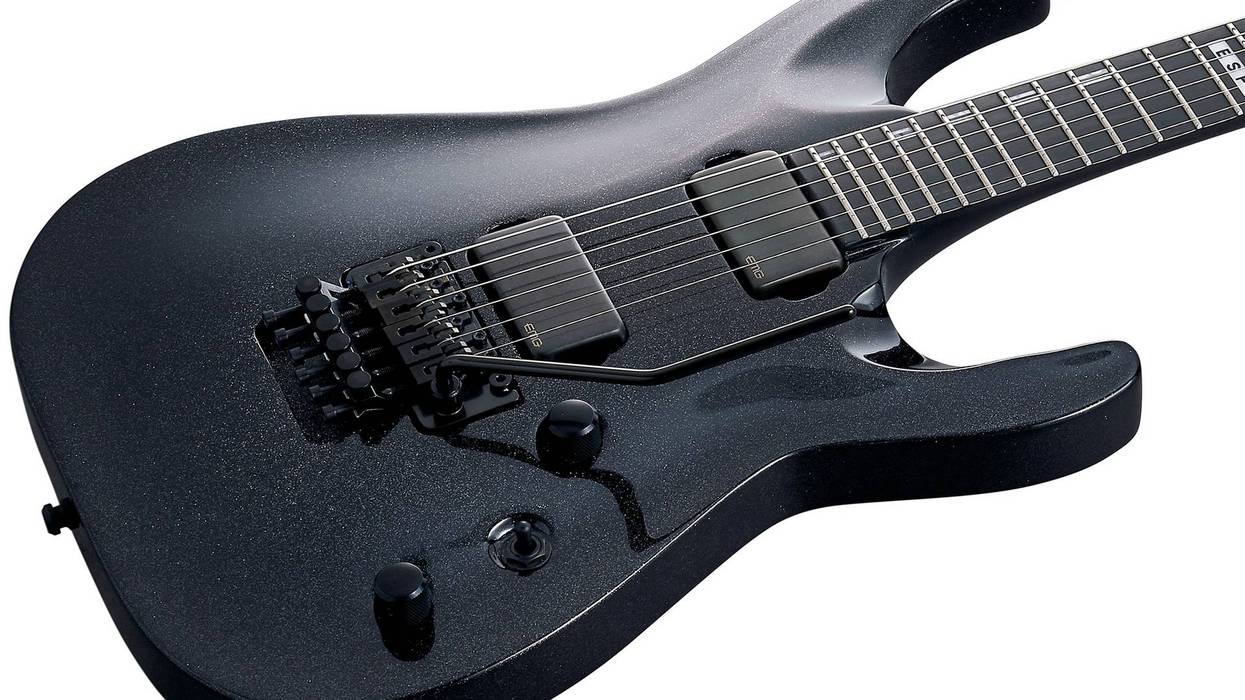
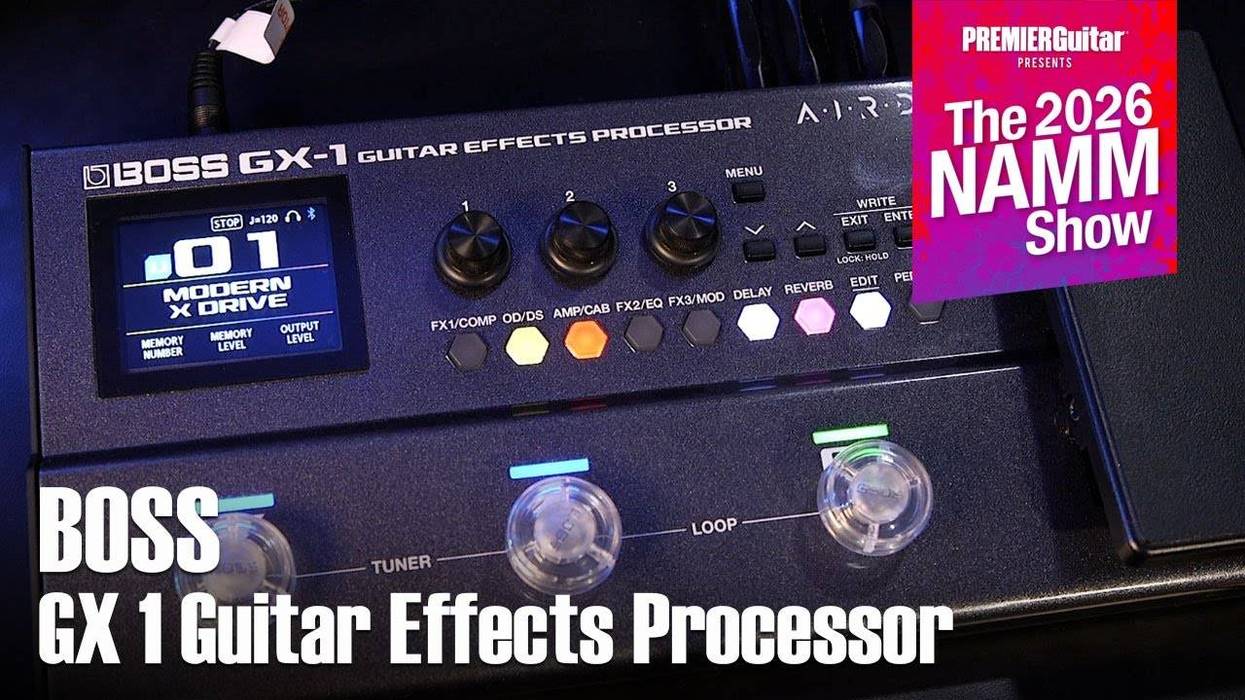

![Rig Rundown: Russian Circles’ Mike Sullivan [2025]](https://www.premierguitar.com/media-library/youtube.jpg?id=62303631&width=1245&height=700&quality=70&coordinates=0%2C0%2C0%2C0)
















![Rig Rundown: AFI [2025]](https://www.premierguitar.com/media-library/youtube.jpg?id=62064741&width=1245&height=700&quality=70&coordinates=0%2C0%2C0%2C0)











